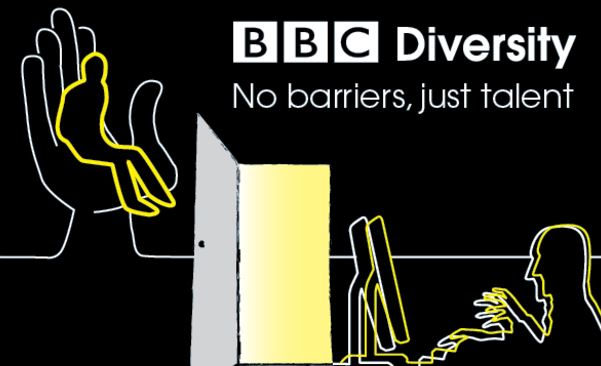Published: 4 July 2014
Country: UK
 The BBC has recently announced new measures in order to improve the representation of the black, Asian and minority ethnic community. The BBC is ready to dedicate a £2.1m towards the diversity creative talent fund. But that is not enough, claims Lenny Henry, British comedian and a firm advocate for cultural diversity in the creative industry in the UK.
The BBC has recently announced new measures in order to improve the representation of the black, Asian and minority ethnic community. The BBC is ready to dedicate a £2.1m towards the diversity creative talent fund. But that is not enough, claims Lenny Henry, British comedian and a firm advocate for cultural diversity in the creative industry in the UK.

“It [BBC] has the greatest of intentions but with massive respect it is based on an old model that hasn’t worked. Increased training and increased development funds do not deliver change … but jobs do,” Mr Henry commented. He added that, “Development [funding] is great but there are people absolutely trained and ready to rock”. Henry was criticising in his first reaction to the BBC announcement although he will be part of the independent challenge and advice group, a panel of respected experts, supporting the implementation of the new BBC measures.
The comedian has repeatedly highlighted that the migration of British talents, from the BAME community, to America is unacceptable. Five days after the announcement of the new measures, the Independent reported an exclusive story. They state that while 475 people from black and minority ethnic backgrounds joined the broadcasting company between January 2013 and September 2013, 507 have left the BBC and almost one third of them left voluntarily. The editor of current affairs for BBC Scotland and one of the broadcaster’s more senior black staff members told the journalist Ian Burrell: “It’s not through want of goodwill from senior management to increase BAME staff. It suggests a need to reassess what we are doing and that good intentions alone are not enough to solve this problem”.
Joy Francis, journalist and founder of Words of Colour Production and MDI board member said: “It is good to see that the BBC is working with agencies such as Creative Access and the MAMA Youth Project. It is also encouraging to note the focus on increasing the number of BAME people in leadership, production and commissioning roles.”
She also added: “What I know from recent conversations with BBC journalists, past and present, full timers and freelancers, is that nothing will make a difference without line management implementing the changes. One of the most common complaints is that TV executives say the right things – that diversity is good business – yet somehow this vision isn’t being translated on the shop floor where it is alleged that the line managers continue to recruit in their own image and who they know”.
A BBC spokesperson defended the diversity plans: “Last week we set out far-reaching plans that we believe will make a tangible difference – we will work hard to deliver them and, of course, reserve the option of going further if we fall short, but people should judge us on progress over the coming months and years before concluding the need for even more measures.”
The targets to be achieved by the BBC, with regards to staff representation, are that 14.2% of all staff and 10% of leadership positions should be comprised of staff from the BAME community by 2017.